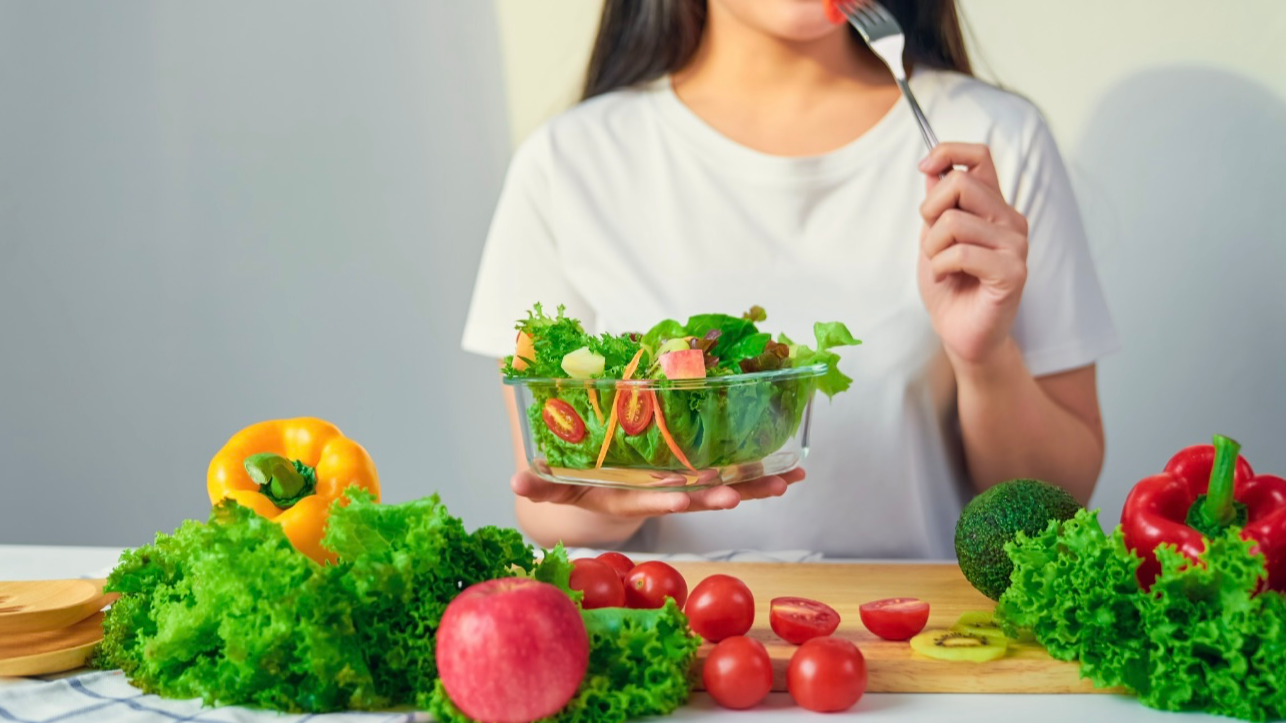Endo Eats: How Nutrition Can Help Tame Endometriosis Symptoms
When Endo Feels Like It’s Taking Over, Food Can Be Your Ally
Endometriosis isn’t “just a bad period.” It’s a chronic, inflammatory condition that can wreak havoc on your body, your fertility, and your everyday life. From debilitating cramps to relentless bloating, fatigue, and mood swings—endo doesn’t play fair.
But here’s the good news: nutrition can make a difference.
While there’s no one-size-fits-all endo diet, the right foods can help reduce inflammation, balance hormones, and ease the worst of your symptoms—without the side effects of harsh meds.
This is your practical guide to eating for endometriosis: what to focus on, what to avoid, and how to build a lifestyle that works with your body, not against it.
What Is Endometriosis, Really?
Let’s break it down: endometriosis occurs when tissue similar to the uterine lining grows outside the uterus—on the ovaries, fallopian tubes, bladder, bowels, and even beyond.
These rogue cells respond to hormonal cycles just like your uterus does—which means they bleed, inflame, and scar, month after month.
Cue the chronic pain, heavy periods, fertility struggles, and fatigue.
Now imagine fueling a body already on fire with pro-inflammatory foods. Yeah, not ideal.
The Endo-Fighting Nutrition Framework
We’re not here to tell you to eat kale and meditate your endo away. This is real talk. And the research says anti-inflammatory, hormone-friendly foods are your best friend.
Let’s start with your core nutrition goals:
• Lower systemic inflammation
• Support liver detoxification of estrogen
• Balance blood sugar
• Feed your gut microbiome
• Boost energy and repair tissues.
Top Foods to Add for Endo Relief
1. Leafy Greens (Spinach, Kale, Rocket)
Packed with magnesium, iron, and antioxidants to reduce inflammation and replenish nutrients lost during heavy periods.
2. Omega-3 Fatty Acids (Salmon, Chia, Flax, Walnuts)
Nature’s anti-inflammatory powerhouse. These healthy fats help ease period pain and reduce prostaglandins (the compounds that make cramps worse).
3. Cruciferous Veggies (Broccoli, Cauliflower, Brussels Sprouts)
Support your liver in processing excess estrogen—critical for hormone balance.
4. Berries
Antioxidant-rich and low in sugar, they help fight oxidative stress and reduce inflammation.
5. Turmeric
Add it to everything—smoothies, teas, soups. Curcumin (its active compound) is proven to reduce endometriosis-related inflammation.
6. High-Fiber Foods (Lentils, Chickpeas, Quinoa, Oats)
Support gut health and estrogen elimination via digestion. Healthy gut = healthier hormones.
Foods to Avoid When You Have Endo
You don’t have to go ultra-restrictive—but there are some foods that consistently trigger flare-ups and worsen symptoms for many:
1. Dairy
Some women find cow’s milk products worsen inflammation and cramping. Try switching to plant-based options and monitor changes.
2. Gluten
Studies show some endo warriors feel dramatically better off gluten—especially those with gut symptoms or bloating.
3. Red Meat
High in arachidonic acid, which can increase inflammatory prostaglandins. Lean proteins like fish or legumes may be better choices.
4. Refined Sugar
Sugar spikes insulin and cortisol, fueling inflammation. Plus, it’s a gut disruptor.
5. Alcohol
It burdens your liver—already working overtime to process excess estrogen—and can worsen bloating and fatigue.
Sample One-Day Endo-Friendly Meal Plan
Breakfast:
Overnight oats with almond milk, flaxseeds, blueberries, and cinnamon.
Snack:
Carrot sticks with hummus + turmeric tea.
Lunch:
Quinoa salad with chickpeas, rocket, cucumber, avocado, and lemon-tahini dressing.
Snack:
Walnuts + dark chocolate square (80%+)
Dinner:
Grilled salmon with steamed broccoli, sweet potato, and a turmeric-ginger sauce.
Evening support:
Chamomile or peppermint tea, magnesium supplement, hot water bottle for cramps.
Supplements That May Help (Check with Your Provider)
• Magnesium glycinate: For cramps and mood support
• Zinc: For immune regulation and inflammation
• Vitamin D: Many women with endo are deficient
• Probiotics: For gut health and hormone balance
• Curcumin (turmeric extract): Potent anti-inflammatory
Lifestyle Bonus Tips (Because It’s Not Just About Food)
• Track your symptoms: Notice patterns, identify triggers, adjust your diet accordingly
• Get gentle movement: Walking, yoga, and stretching can reduce tension and inflammation
• Prioritize sleep: Your hormones regulate while you rest
• De-stress, often: Chronic stress raises cortisol, which worsens hormonal chaos
Final Word: You’re Not Alone
Endometriosis can feel invisible, misunderstood, and isolating—but you are not alone. And while there’s no one magic cure, food can be your daily act of healing and power.
You deserve to feel good in your body. To eat without fear. To build a life that honors your pain—but doesn’t center around it.
Start where you are. Make one small change. And know that every bite of healing food is a step back to yourself.











